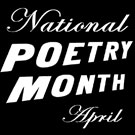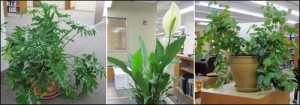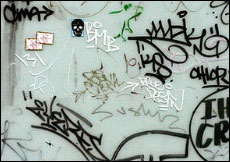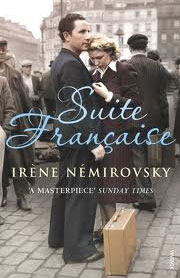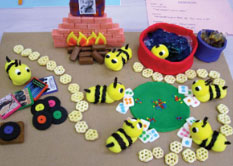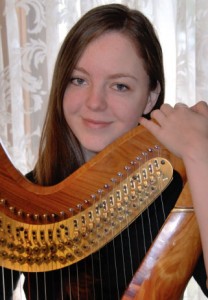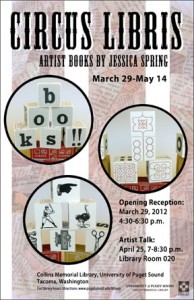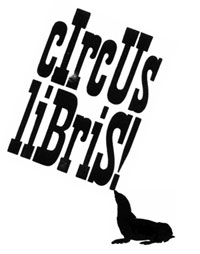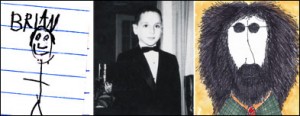
Brian Doyle self-portrait and photo
Brian Doyle, Author
Reading & Book Signing
Wednesday, March 21, 2012
6:30-8 p.m.
Collins Library, Room 020
Brian Doyle edits Portland Magazine at the University of Portland, in Oregon – “the best spiritual magazine in the country,” according to author Annie Dillard, obviously a woman of surpassing discernment. Doyle is the author of twelve books: six collections of essays, two nonfiction books (The Grail, about a year in an Oregon vineyard, and The Wet Engine, about hearts), two collections of “proems,” the short story collection Bin Laden’s Bald Spot, and the sprawling Oregon novel Mink River. Doyle’s books have five times been finalists for the Oregon Book Award, and his essays have appeared in The Atlantic Monthly, Harper’s, Orion, The American Scholar, and in newspapers and magazines around the world. His essays have also been reprinted in the annual Best American Essays, Best American Science & Nature Writing, and Best American Spiritual Writing anthologies. Among various honors for his work is a Catholic Book Award, two Pushcart Prizes, and, mysteriously, a 2008 Award in Literature from the American Academy of Arts and Letters, this last particularly amazing because previous recipients include Saul Bellow, Kurt Vonnegut, Flannery O’Connor, and Mary Oliver, and wouldn’t that be a great dinner table, you know?
His greatest accomplishments are that a riveting woman said yup when he mumbled a marriage proposal, that the Coherent Mercy then sent them three lanky snotty sneery testy sweet brilliant nutty muttering children in skin boats from the sea of the stars, and that he once made the all-star team in a Boston men’s basketball league that was a really tough league, guys drove the lane in that league they lost fingers, man, one time a guy drove to the basket and got hit so hard his right arm fell off but he was lefty and hit both free throws, so there you go.
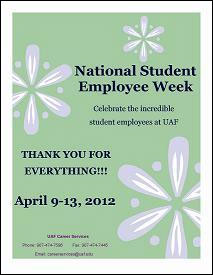 Thanks to all our incredible student employees! We appreciate you and all the great work that you do!
Thanks to all our incredible student employees! We appreciate you and all the great work that you do!
